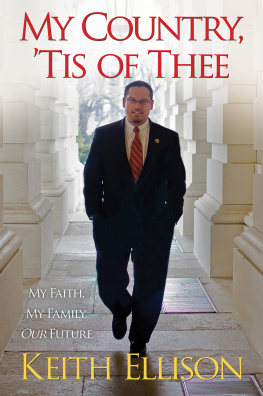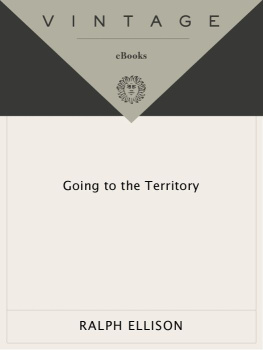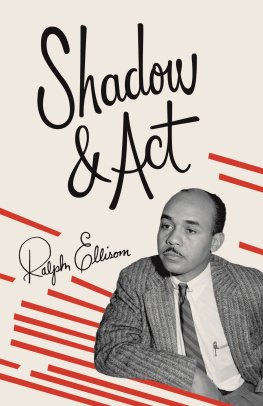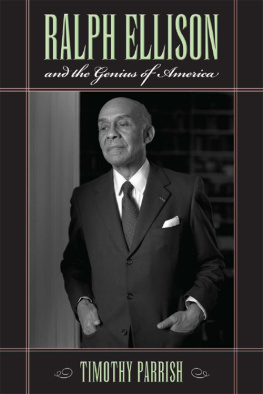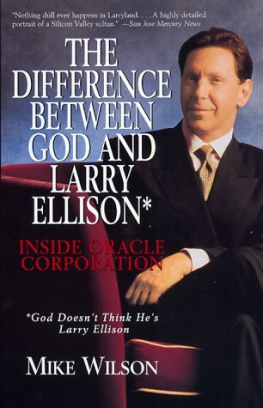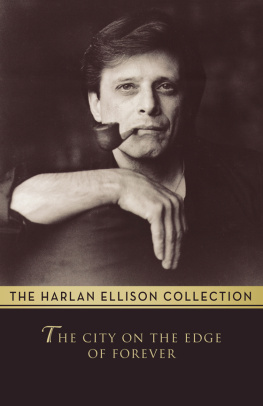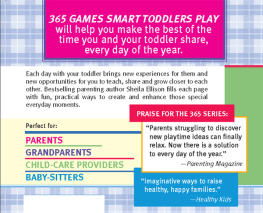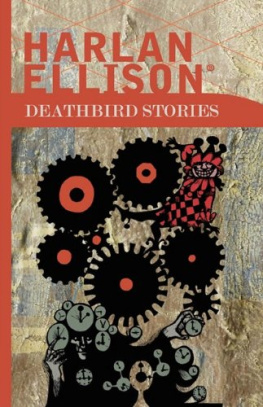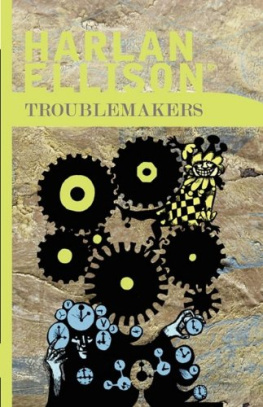Prologue
The Predicament
Understand Me!
For the moment, what we attend to is reality.
W ILLIAM J AMES
A SEPTEMBER FOG HANGS OVER THE GOLDEN GATE BRIDGE AS I speed southward in our dented brown Prius. One son sits beside me, the other in the back.
Damn, damn, damn, Im late again!
I swerve in time to avoid missing the exit to Highway 280, and gun the car toward Silicon Valley. The boys are out of school for yet another staff development day, and Im planning to drop them off with my parents while I have coffee with a friend and then meet with a venture capitalist who wants my help to write a speech. But Ive left home so late Ill barely have time to give my folks a quick hello at the drop-offsure to evoke their rolled eyes and weary headshakes.
Yikes! I nearly hit the car in front of me as my head turns to referee another potentially fratricidal fight. We argue a lot in my family. Except for Jack, my even-keeled spouse, were moody, high-maintenance types. Which goes double for my eldest son, Buzz, who just turned twelve and each day fulfills my mothers old, cheerful curse. One day, shed say when I was growing up, youll have a child just like you. A noodge, she meant, with a chronically urgent agenda, never able to take no for an answer.
My mother was right about that, and more. Three years ago, Buzzthe alias Ive chosen for my son, for the electric-jolt way he usually affects mewas diagnosed with attention deficit/hyperactivity disorder (AD/HD), with a side order of oppositional defiant disorder (ODD). The first diagnosis signifies a problem of distraction and poor self-control. The second means that he is frequently a pain in the neck.
The point is, I have a certifiable problem child, while Im also certifiably part of the problem. Call it diagnosis envy disorder, but Buzzs new status inspired me to check in with Dr. Y., the psychiatrist I first began seeing in my twenties, to ask if he thought I might share my sons disabling distraction. He said he did, indeed.
This alphabet-soupy new lens on our life helps explain our chronic chaos, but so far has done little to reduce it. Not that I havent tried. Most recently, Ive encouraged everyone in my family, including even-keeled Jack, to take fish oil supplements. Research suggests theyre good for general brain health and mood.
Suddenly, Buzz squirms in his seat, tugs on the visor of his Dodgers cap, and announces: I want coffee.
Oh, Buzz, I say immediately. You know thats not good for you.
I NEED coffee.
He never drinks coffee. Okay, Ive let him have it maybe once or twice. But what was the final word on whether it stunts your growth?
Either coffee or a Coke, he growls.
Buzz is sitting up in front to minimize the risk of bodily harm to his nine-year-old brother, Max. Sometimes this works, but sometimes he gets upset and throws things or jerks back his seat to ram Maxs knees. Will now be one of those times? My heart is expanding, and not in a good way. It seems to be pressing against my lungs.
Neither one is good for you, and we cant stop now, as you know, I say automatically, switching lanes to overtake a slower car. My voice is wonderfully calm. Hurray for me! Were on the freeway, I add.
COFFEE! Buzz roars.
And, boom! My mind is off to the races. I should never, ever have given him Coke that first timewhen was that again? To be sure, its always there at kids birthday parties; after age three, a parent basically loses control. But thats no excuse, since on several occasions Ive bribed him with sodas for good behavior. And of course, I drink Diet Pepsi in front of him.... What a bad mom! But what if he needs it? I certainly need it. Could he be trying to muster his focus? Or is he just pushing my buttonsagain? Oh, man, Im never going to make it in time, no matter if we stop or not. Fantastic: late for the first meeting with a new client. I cant do anything right. And why on earth am I meeting my friend Pete today, when I should be using the time to squirrel myself away somewhere and finish the proposal for that book on plastic pollution that I promised my agent Id deliver last month?
It is the autumn of a year in which America is involved in two wars, on the threshold of global economic crisis, and on course to a historic presidential election.
The radio news, before Buzz irritably switched it off, said the stock market is down three hundred points this week. So much for the retirement fund! But why am I worrying about that , when bisphenol-whatever from plastic debris in the ocean is making its way up the food chain, and the Himalayan glaciers are retreating, threatening to leave several hundreds of millions of Asians without water? Not to mention the California snowpack
Buzz is still roaring: I waaaaaaaaaant CAWFEE!
I love Buzz and Max with a passion that continues to surprise me. Theyve helped make me a better person than I ever could have been without them. What I want most of all right now is to model healthy behavior for their sake.
SHUT UP! SHUT UP! SHUT UP! I yell.
Mom, Max pipes up from the backseat, I dont think the fish oil is working.
FEW THINGS IN LIFE are ever this plain, yet its at this moment, following this latest train-of-thought wreck, that I take a breath, squeeze into the exit lane, and decide how Ill spend the next year. I wont write that book about plastic, after all. The topic is unquestionably important, but a project with a shorter deadline is vying for my limited attention. In this final year before Buzz hits his teens, I need to see if both of us can sharpen our focus and cool down our irritable ways.
Thats how I get this wild idea. What if I could dedicate a whole year to just that goal? A year in which Id put other work aside, making it my full-time job to seek the best path for a distracted parent intent on helping her distracted child. A year, in other words, of paying attention to attention.
Ive always been good at deadlines. I spent more than two decades as a newspaper reporter and delivered my babies at ages thirty-eight and forty-one, timed with the last ticks of my biological clock. Now I look at Buzz, who, despite everything, occasionally still wants to be with me, and remind myself Ive got at best another year in which he may yet want to learn what I have to teach.
And maybe theres something both of us can learn by looking through this attention deficit lens, murky prism that it is. Perhaps it can help explain my own history of unreasonable extremes: of screwups alternating with heady success, of buying high and selling low, andso like my Buzzof constant cravings for conflict and caffeine. It may even illuminate how I managed to win a Pulitzer Prize just three years after being sued for $11 million because of a careless reporting mistake, then realized my childhood dream of becoming a foreign correspondent, only to break my leg by running into a manhole in Managua while chasing Nicaraguas newly elected presidentand did I mention that she was on crutches at the time?
Most urgently, I hope this new frame of reference can help me understand why Im having such a tough time with Buzz. After spending most of my life feeling insecure about my smarts, Ive finally, on the cusp of old age, come to trust them.
So why do I keep landing in these stupid situations?
...
ATTENTION DEFICIT DISORDER, OR ADDand an increasingly trendy way of referring to aging adults caught between the rock of failing memory and the hard place of the modern data storm.
Nor is this phenomenon restricted to anxious Americans. Similar rates of clinical-grade distraction are being reported in other industrialized nations, including Japan and New Zealand or ancient fossils.)
The fields leading experts describe the core problem as a weakness in the brains inhibitory system: i.e., faulty brakes. Yet despite more than a century of dogged scientific research, the syndromediagnosed via a list of subjectively interpreted symptoms, including impulsiveness, forgetfulness, and distractionremains elusive, with none of the straightforwardness of your garden-variety Down syndrome or schizophrenia. This fuzziness contributes to the fierce debate over whether many children are being needlessly labeledwhich, most likely, they are, even as many other affected children surely arent getting the help they need. What do we know for sure? Mainly that as each new label is bestowed, another set of overwhelmed parents must choose among a dizzying array of treatments.



